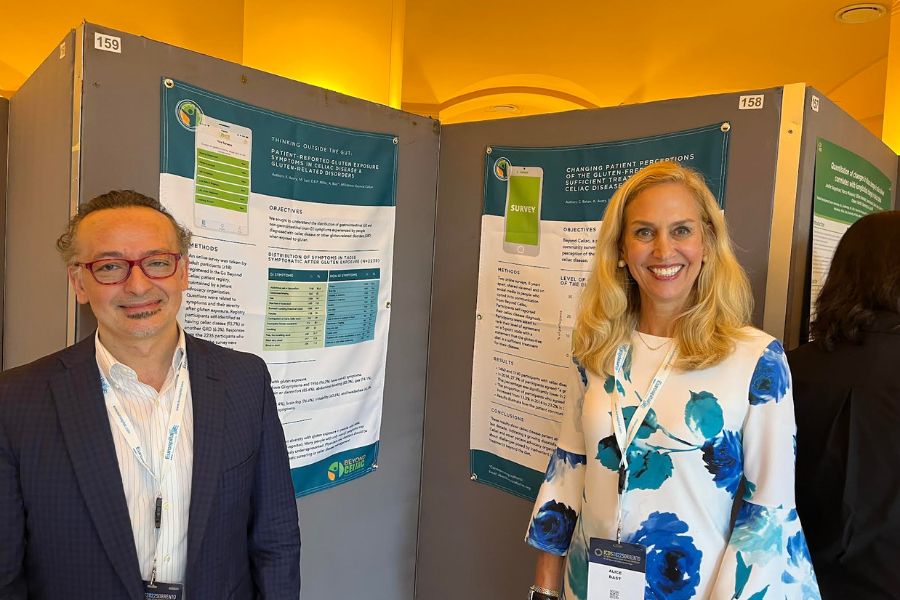NBC Today Show Co-Host and Meteorologist Dylan Dreyer Keynotes the Summit
PHILADELPHIA (Sept. 13, 2023) – Beyond Celiac, the leading catalyst for a celiac disease cure, is presenting a Celiac Community Summit on Saturday, Sept. 30, 2023, at the Hyatt Regency in Old Greenwich, Conn., to provide celiac disease patients with the latest information on this serious autoimmune disease. The Summit features panels of expert speakers and vendors including a keynote address from NBC Today Show Co-host and Meteorologist Dylan Dreyer for a day of learning and sharing best practices.
Dreyer’s six-year-old son, Calvin (Cal), was recently diagnosed with celiac disease. After months of stomach pain, earache, hair loss and a skin rash, they were finally able to get a diagnosis. Like so many others, Dreyer’s family is now learning to live with celiac disease and create a safe, gluten-free home for him.
“We are thrilled to create this day-long opportunity for the celiac disease community to come together, share experiences, and learn from both medical and lifestyle experts,” said Beyond Celiac CEO Alice Bast. “Living with celiac disease presents many challenges, and there’s great value in being with people who understand how isolating it can be and how difficult it is to live your life to the fullest when in fear of getting "glutened". We are excited to listen and learn from our community as we focus on accelerating treatments towards a cure.”
Attendees will hear from doctors about the latest research, attend breakout sessions to learn about living with celiac disease, find out how to advocate for themselves, and much more. They will even participate in a Family Feud-style game about celiac disease. To view the full schedule with the lineup of guests as well as register for the Summit, visit https://beyondceliacsummit23.funraise.org.
Celiac disease is a serious, genetic autoimmune disorder that affects an estimated 1 in 133 Americans, more than half of whom are still undiagnosed. The disease causes damage to the small intestine, resulting in debilitating symptoms, and if left untreated can lead to serious, long-term health problems including infertility and some types of cancer.
About Beyond Celiac
Founded in 2003, Beyond Celiac is the leading catalyst for a celiac disease cure in the United States, serving as a patient advocacy and research-driven organization working to drive diagnosis and accelerate the discovery of new treatments. By engaging with the top scientists in the field, making the right investments in research and supporting the broad community of those with celiac disease and gluten sensitivity, Beyond Celiac envisions a world in which people can live healthy lives and eat without fear – a world Beyond Celiac.






